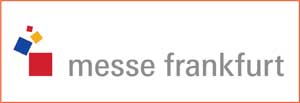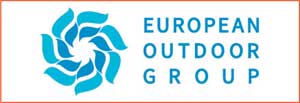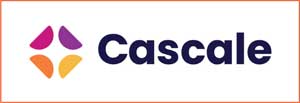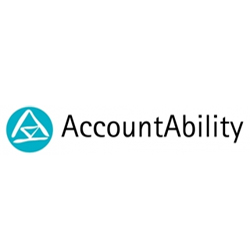 AA1000 Standards
AA1000 Standards
AA1000 are a set of three free to use standards that have been developed to improve the accountability, reporting and overall sustainability performance of an...
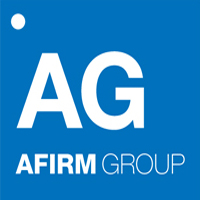 AFIRM
AFIRM
The AFIRM (the Apparel & Footwear International RSL Management Working Group) provides resources for sustainable, self-governing RSL implementation across the...
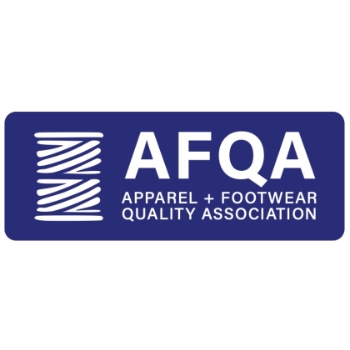 AFQA
AFQA
The Apparel and Footwear Quality Association (AFQA) is a new collaborative forum of apparel and footwear companies that aims to improve physical textile testing to...
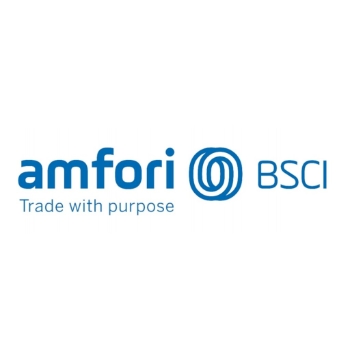 Amfori BSCI
Amfori BSCI
The amfori Business Social Compliance Initiative (BSCI) was originally set up as an initiative of the Foreign Trade Association (now Amfori) to achieve convergence in...
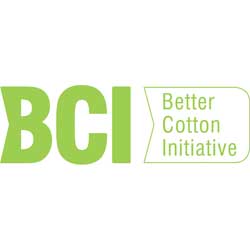 Better Cotton Initiative
Better Cotton Initiative
The Better Cotton Initiative (BCI) is a holistic approach to sustainable cotton production, which covers environmental, social and economic issues. It’s designed to...
 Bilan Carbone
Bilan Carbone
Bilan Carbone is a methodology developed by the French Agency for Environment and Energy Control (ADEME). It is a useful tool for organisations (company, community or...
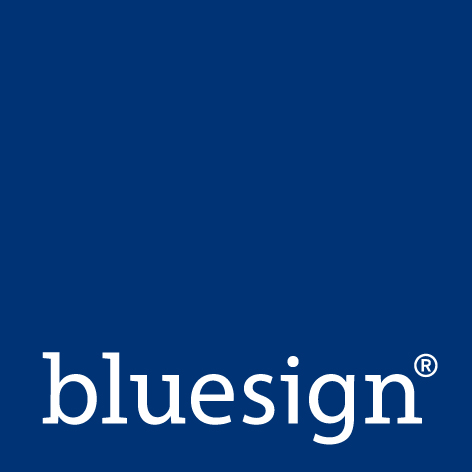 Bluesign Technologies
Bluesign Technologies
Focusing on consumer safety and the environment, the Swiss-based bluesign system examines natural resources and chemicals used in textile production, occupational health...
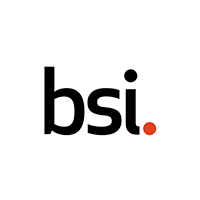 BS 8001: 2017 Circular Economy
BS 8001: 2017 Circular Economy
A framework standard from the British Standards Agency (BSI) for implementing the principles of the circular economy within organisations.
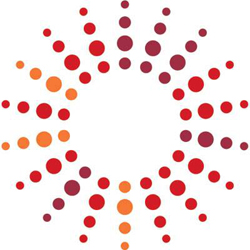 Business for Social Responsibility (BSR) – Water Quality Guidelines
Business for Social Responsibility (BSR) – Water Quality Guidelines
The Water Quality Guidelines (WQG) are voluntary goals set by the non-profit business association, Business for Social Responsibility (BSR). The goal is to improve...
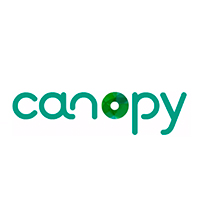 Canopy: Hot Button Ranking
Canopy: Hot Button Ranking
The Hot Button Ranking scheme, from environmental NGO CanopyStyle, provides an overview of the work undertaken by leading viscose producers to ensure that the raw...
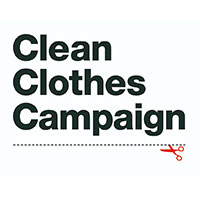 Clean Clothes Campaign
Clean Clothes Campaign
Established in 1989, Clean Clothes Campaign is a global network dedicated to improving working conditions and empowering workers in the global garment and sportswear industries.
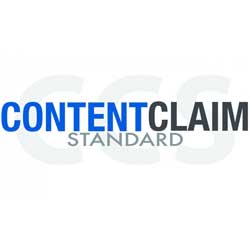 Content Claim Standard
Content Claim Standard
The Content Claim Standard is a voluntary standard that can be used to trace a material through the supply chain or used as a back-up for content claims if other...
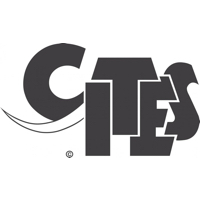 Convention on International Trade in Endangered Species of Wild Fauna and Flora (CITES)
Convention on International Trade in Endangered Species of Wild Fauna and Flora (CITES)
The Convention on International Trade in Endangered Species of Wild Fauna and Flora (CITES) is a voluntary, international agreement between participating governments. It...
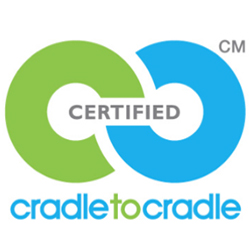 Cradle to Cradle
Cradle to Cradle
The Cradle-to-Cradle standard assesses product safety to humans and the environment, as well as product design for material reuse using a four-tier improvement system,...
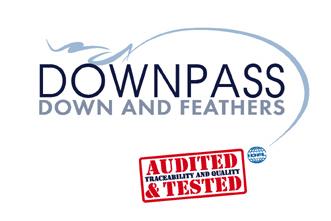 Downpass
Downpass
Launched in 2016, the goal of the Downpass standard is to contribute to the ethical sourcing of down and feathers, and to help companies to firmly anchor animal welfare...
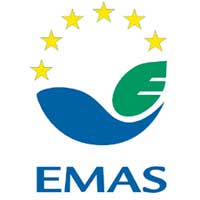 EMAS
EMAS
The EU Eco-Management and Audit Scheme (EMAS) regulation is a management tool for companies and other organisations to evaluate, report and improve their environmental...
 Energy Star
Energy Star
Energy Star is a joint voluntary programme of the US Environmental Protection Agency (EPA) and the U.S. Department of Energy (DOE) that aims to help consumers save money...
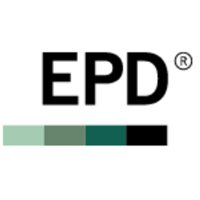 Environmental Product Declaration (EPD)
Environmental Product Declaration (EPD)
An Environmental Product Declaration (EPD) is a verified and registered document that communicates transparent and comparable information about the life-cycle...
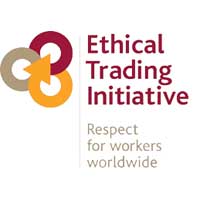 Ethical Trading Initiative
Ethical Trading Initiative
The Ethical Trading Initiative (ETI) is a tripartite multi-stakeholder organisation that aims to protect the rights of workers in supply chains and improve labour...
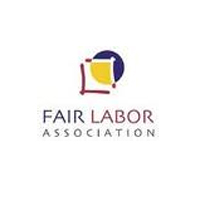 Fair Labor Association
Fair Labor Association
Established in 1999, the US-based Fair Labor Association (FLA) is a collaborative effort of socially responsible companies, universities, governments, labour rights...
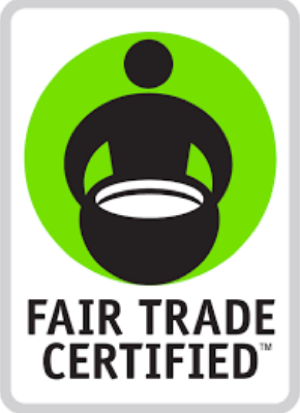 Fair Trade
Fair Trade
When a product is ‘Fair Trade Certified’ it has demonstrated that it meets rigorous social, environmental and economic standards outlined by the initiative’s...
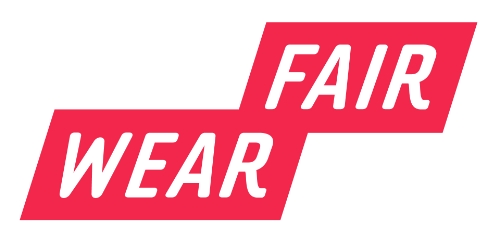 Fair Wear Foundation
Fair Wear Foundation
The Fair Wear Foundation (FWF) is a Netherlands-based NGO, which works with companies in the textile industry to improve labour conditions and examines how brands are...
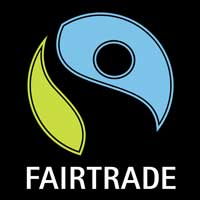 Fairtrade International
Fairtrade International
Fairtrade Labelling Organisations International (FLO), also known as Fairtrade International, is a non-profit multi-stakeholder organisation which develops and reviews...
 Fairtrade Textile Standard
Fairtrade Textile Standard
The Fairtrade Textile Standard is one component of the greater Fairtrade Textile Programme which aims to facilitate change in textile supply chains and related business...
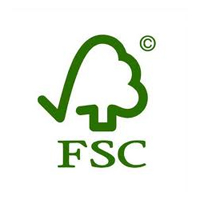 Forest Stewardship Council
Forest Stewardship Council
The Forest Stewardship Council is an independent, non-governmental organisation established to promote the responsible management of the world’s forests using...
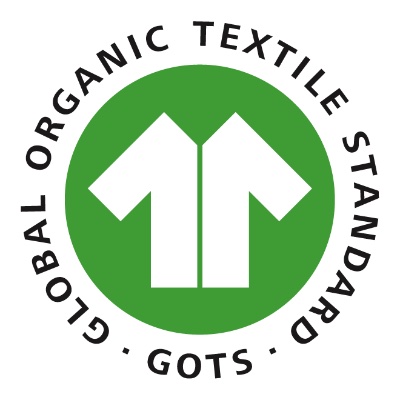 Global Organic Textile Standard (GOTS)
Global Organic Textile Standard (GOTS)
The Global Organic Textile Standard (GOTS) is an international standard for processing certified organic fibres. It encompasses stringent ecological, social, and human...
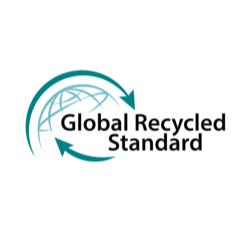 Global Recycled Standard
Global Recycled Standard
The Global Recycled Standard (GRS) addresses input material verification, chain of custody, environmental principles, social requirements, and labelling for textile...
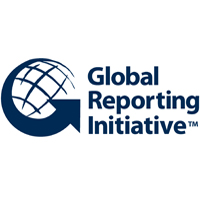 Global Reporting Initiative
Global Reporting Initiative
The Global Reporting Initiative (GRI) is a non-profit organisation that promotes economic sustainability and produces one of the world's most prevalent standards for...
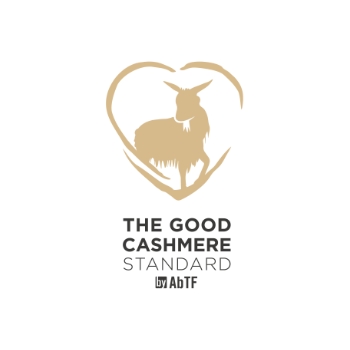 Good Cashmere Standard
Good Cashmere Standard
The Good Cashmere Standard (GCS) addresses the production and traceability of cashmere fibres with respect to the environment, supply chain transparency, the welfare of...
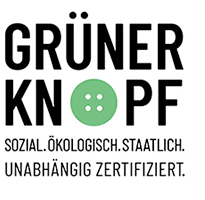 Grüner Knopf
Grüner Knopf
This standard is awarded by the German Federal Ministry for Economic Cooperation and Development (BMZ) to textile manufacturers who have passed certain social and...
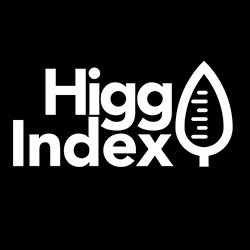 Higg Index
Higg Index
The Higg Index, is a suite of self-assessment tools developed and owned by Cascale that assesses the manufacturing, brand and product impacts of textile and consumer...
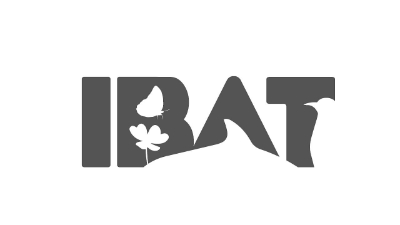 Integrated Biodiversity Assessment Tool
Integrated Biodiversity Assessment Tool
The Integrated Biodiversity Assessment Tool (IBAT) provides authoritative biodiversity data tools and guidance to help organisations act on biodiversity related risks...
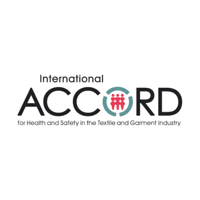 International Accord for Health and Safety
International Accord for Health and Safety
The International Accord for Health and Safety in the Textile and Garment Industry promotes safe workplaces through independent safety inspections, training programmes,...
 International Labour Organisation
International Labour Organisation
The International Labour Organisation (ILO) campaigns to improve rights at work, encourage decent employment opportunities, enhance social protection and strengthen...
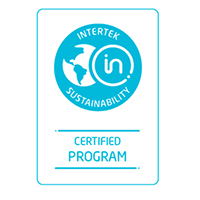 Intertek Recycled Content Program
Intertek Recycled Content Program
Since the last guide was published in 2018, international testing house Intertek has retired its ‘Green Leaf’ environmental marks for consumer goods including...
 ISO 14001
ISO 14001
ISO 14001 is a world wide standard of an environmental management system that assists various types of industry organisations to improve their overall environmental performance.
 ISO 20400:2017 Sustainable procurement – guidance
ISO 20400:2017 Sustainable procurement – guidance
BSI (the British Standards Institute) has launched ISO 20400:2017 Sustainable procurement – guidance. Designed to assist organisations to meet their sustainability...
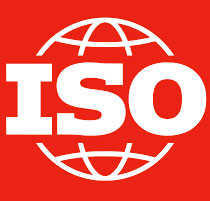 ISO: IWA 32:2019
ISO: IWA 32:2019
Published in April 2019, this ISO standard relates to the screening of genetically modified organisms (GMOs) in cotton and textiles.
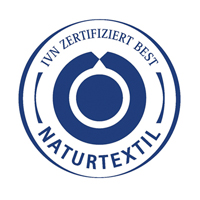 IVN BEST
IVN BEST
IVN is one of four members of the International Working Group for the Global Organic Textiles Standard (GOTS), and also supplies its own standard – the ‘Naturtextil...
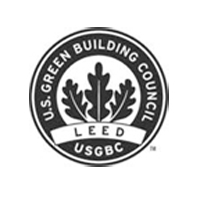 LEED
LEED
LEED, whose name originates from the acronym for Leadership in Energy and Environmental Design, was launched in March 2000 by the US Green Building Council.
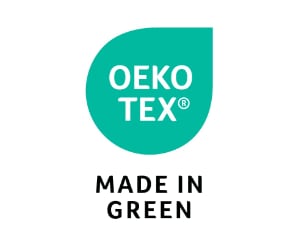 Made in Green by Oeko-Tex
Made in Green by Oeko-Tex
Made in Green by Oeko-Tex is a traceability label for textiles tested for harmful substances and the use of sustainable production practices and technologies...
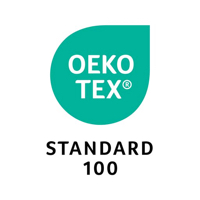 Oeko-Tex 100
Oeko-Tex 100
The Oeko-Tex Standard 100, introduced in 1992, is a global uniform testing and certification system for textile raw materials, intermediate products, and end products at...
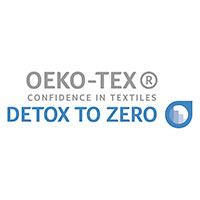 Oeko-Tex Detox to Zero
Oeko-Tex Detox to Zero
Based on the Detox campaign launched by Greenpeace in 2011 (and mothballed in 2019), this tool aims to exclude the 13 potentially hazardous chemicals from textile...
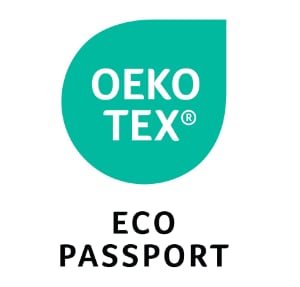 Oeko-Tex Eco Passport
Oeko-Tex Eco Passport
The ‘Eco Passport’ by Oeko-Tex is an independent certification system for chemicals, colourants and auxiliaries used in the textile and leather industry. It is...
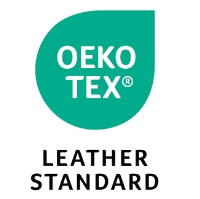 Oeko-Tex Leather Standard
Oeko-Tex Leather Standard
Launched in 2017, the Oeko-Tex standard for leather goods allows producers and suppliers of leather goods to have their products certified and tested for harmful substances.
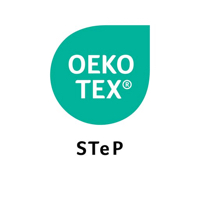 Oeko-Tex Sustainable Textile Production - STeP
Oeko-Tex Sustainable Textile Production - STeP
Sustainable Textile Production (STeP) is an Oeko-Tex certification system for brands, retail companies and manufacturers from the textile chain who want to communicate...
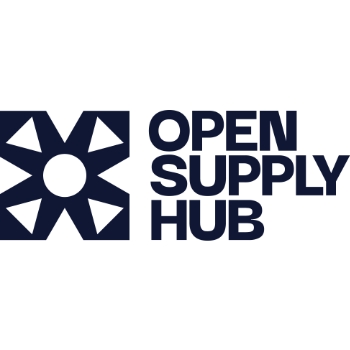 Open Supply Hub
Open Supply Hub
The Open Supply Hub, formerly the Apparel Registry (OAR) until 2022, is a free-to-use online platform that maps consumer goods t manufacturing facilities around the...
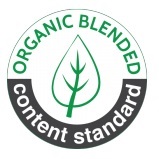 Organic Content Standard
Organic Content Standard
The Organic Content Standard (OCS) is a voluntary standard for tracking and verifying the content of organically grown materials in a final product.
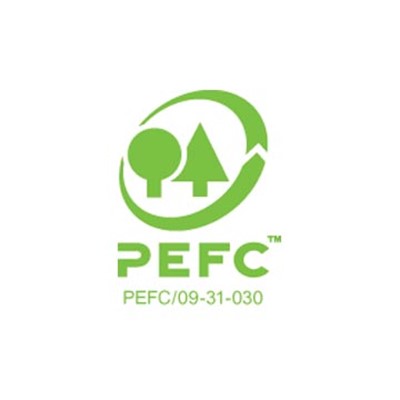 PEFC
PEFC
The Programme for the Endorsement of Forest Certification (PEFC) provides assurances that forests are managed in line with international environmental requirements,...
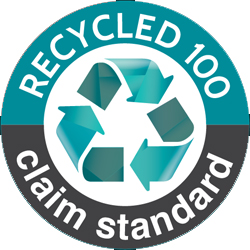 Recycled Claim Standard
Recycled Claim Standard
The Recycled Claim Standard (RCS) is a voluntary standard that tracks recycled raw materials through the supply chain to give credibility to recycled content claims on products.
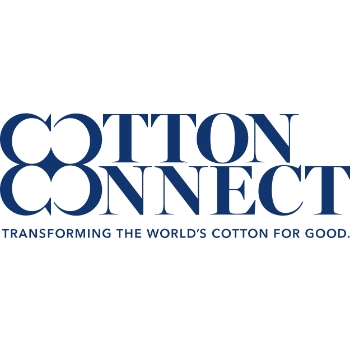 REEL Cotton
REEL Cotton
REEL Cotton is a traceable sustainable agriculture program run by CottonConnect that promotes environmentally friendly and socially responsible cotton farming.
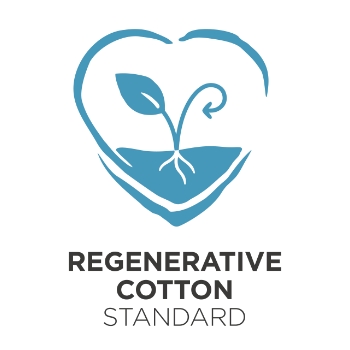 Regenerative Cotton Standard
Regenerative Cotton Standard
Developed by the Aid by Trade Foundation (AbTF), and released in November 2023, the Regenerative Cotton Standard (RCS) aims to improve the overall resilience and...
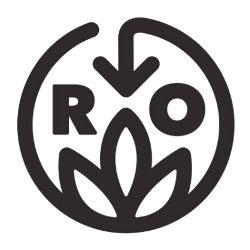 Regenerative Organic Certified
Regenerative Organic Certified
Regenerative Organic Certified was established in 2017 by a group of farmers, business leaders, and experts in soil health, animal welfare, and social fairness...
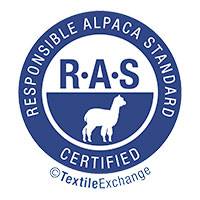 Responsible Alpaca Standard
Responsible Alpaca Standard
The Responsible Alpaca Standard (RAS) is an international, voluntary standard that ensures alpaca wool is responsibly sourced from farmers with high animal welfare standards.
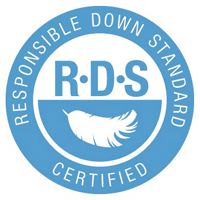 Responsible Down Standard
Responsible Down Standard
This standard focuses on compliance with local legal animal welfare regulations and aims to ensure that the Responsible Down Standard (RDS) does not come from farms that...
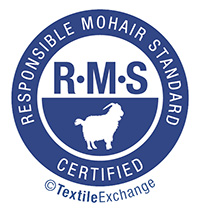 Responsible Mohair Standard
Responsible Mohair Standard
Launched by Textile Exchange in March 2020, the Responsible Mohair Standard is based on the same system as the Responsible Wool Standard and monitors animal welfare...
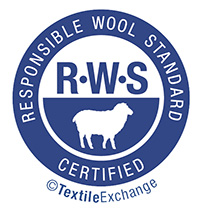 Responsible Wool Standard
Responsible Wool Standard
The Responsible Wool Standard (RWS) is a voluntary standard that addresses the welfare of sheep and the land they graze on in a bid to help sheep farmers meet consumer,...
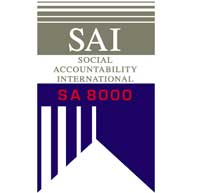 SA8000
SA8000
SA8000 is a widely recognised social certification standard that ensures decent labour conditions and protects the basic human rights of employees across all industrial sectors.
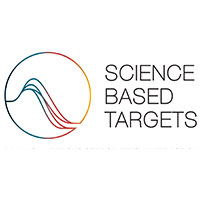 Science Based Targets Initiative
Science Based Targets Initiative
The Science Based Targets Initiative (SBTi) originally aimed to secure commitments from large companies to set science-based targets to reduce carbon emissions. In May...
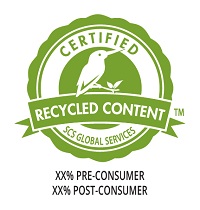 SCS Recycled Content Standard
SCS Recycled Content Standard
SCS claims that its private Recycled Content Standard helps companies to demonstrate ‘leadership in reducing reliance on natural resources’, as well as to satisfy...
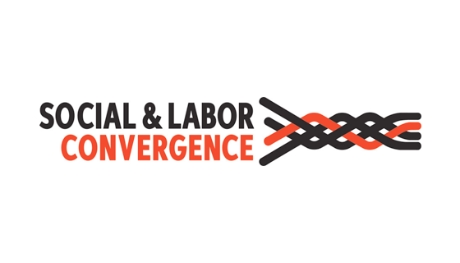 Social & Labor Convergence Program
Social & Labor Convergence Program
The Social & Labor Convergence Program provides the tools to capture accurate data about working conditions in global supply chains. This multi-stakeholder...
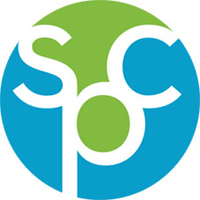 Sustainable Packaging Coalition
Sustainable Packaging Coalition
The Sustainable Packaging Coalition (SPC) is an industry working group dedicated to a more robust environmental vision for packaging. Through member support, an informed...
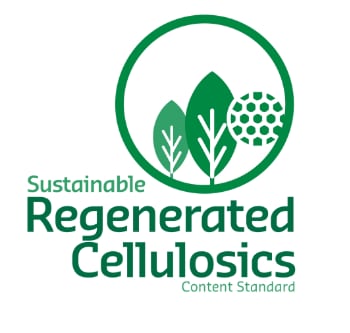 Sustainable Regenerated Cellulosics
Sustainable Regenerated Cellulosics
The Sustainable Regenerated Cellulosics Content Standard (SRCCS) formerly known as the Sustainable Viscose Chain of Custody Standard (SVCOC), was initially created by...
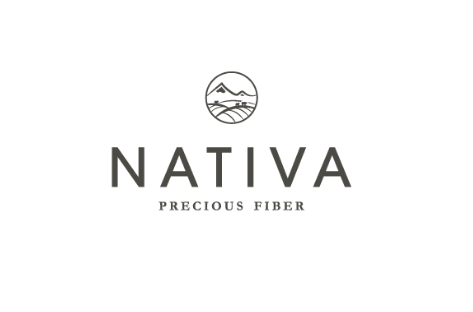 The Nativa Label
The Nativa Label
A label of the Chargeurs Group, Nativa sets a standard for stakeholders within the merino sheep industry and supply chain to meet if they’re to demonstrate a...
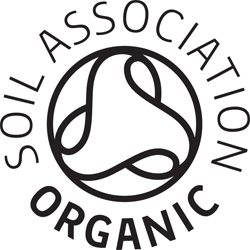 The Soil Association
The Soil Association
The Soil Association organic standard for textiles is another label which has adopted the GOTS criteria. It has a very high degree of consumer recognition in the UK...
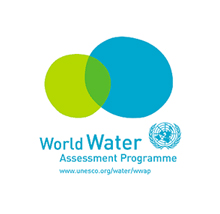 The World Water Assessment Programme
The World Water Assessment Programme
The World Water Assessment Programme (WWAP), founded in 2000, is the flagship programme of UN-Water. Housed in UNESCO, WWAP monitors freshwater issues in order to...
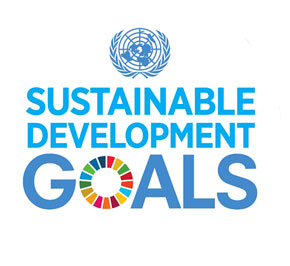 UN Sustainable Development Goals (SDGs)
UN Sustainable Development Goals (SDGs)
Launched in 2015, the UN Sustainable Development Goals (SDGs) are a universal set of goals, targets and indicators that UN member states will be expected to use to frame...
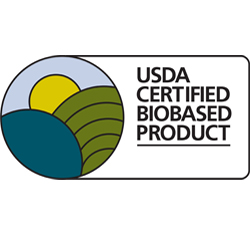 USDA BioPreferred
USDA BioPreferred
The United States Department of Agriculture administers the BioPreferred Program, which was created by the Farm Security and Rural Investment Act of 2002 (FSRIA or...
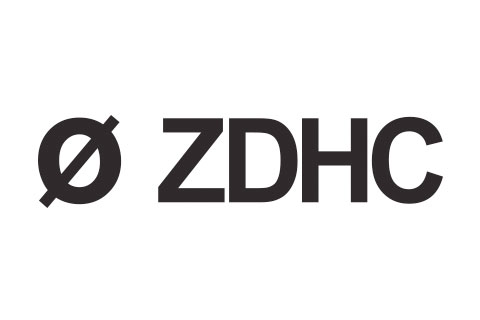 ZDHC - Chemical Gateway
ZDHC - Chemical Gateway
The ZDHC Gateway is a powerful tool and database designed to help eliminate harmful substances from global fashion and footwear supply chains.
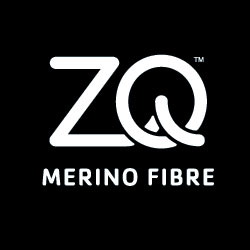 ZQ Merino
ZQ Merino
ZQ is a merino wool certification that looks at animal welfare and environmental standards. It has been developed and owned by The New Zealand Merino Company Ltd. ZQ is...


